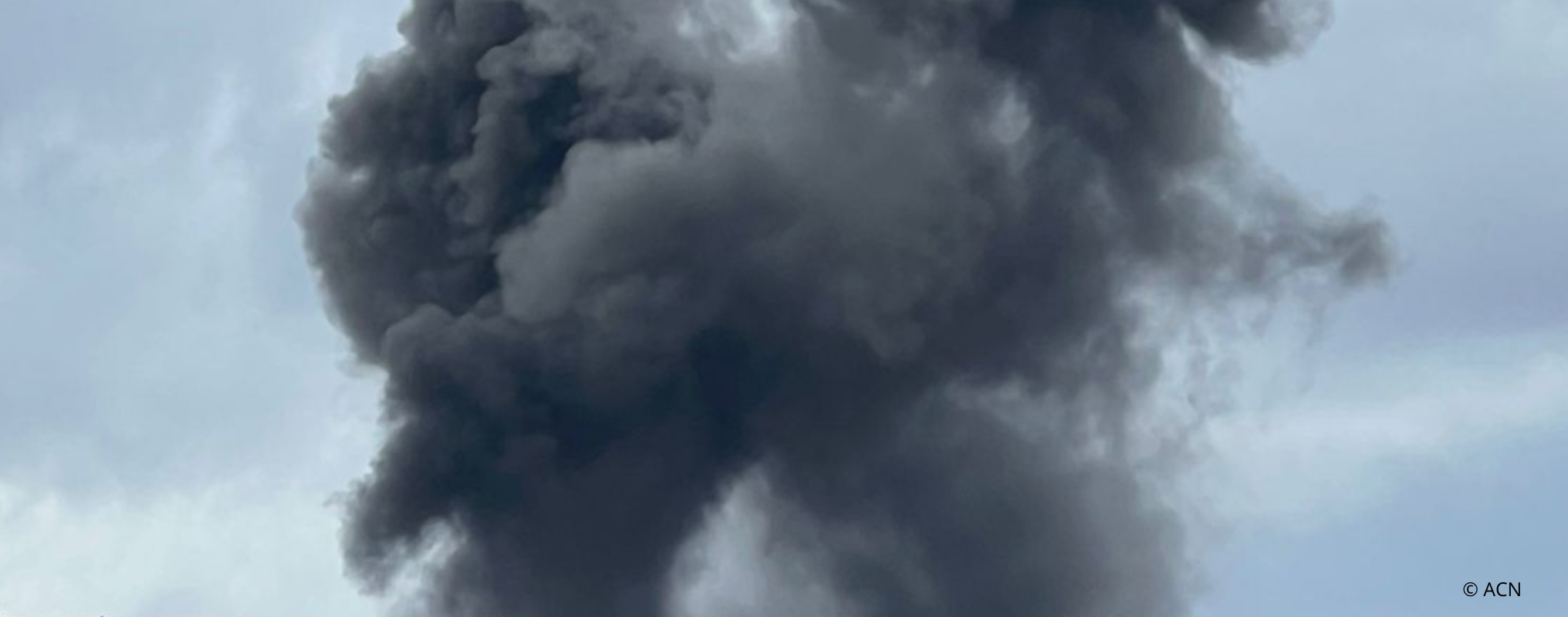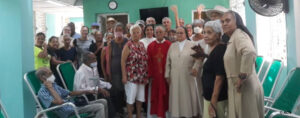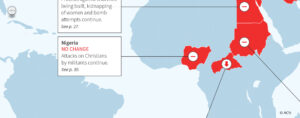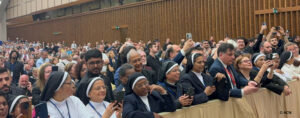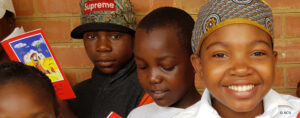Since Monday September 23, the Israeli army has been heavily bombing Hezbollah targets in Eastern and Southern Lebanon, spreading terror among the population. The provisional death toll currently stands at over 550.
The wave of airstrikes targeting Hezbollah strongholds in Lebanon is having a devastating effect on the entire population, including Christians, and could drive even more to leave the country, says Marielle Boutros (photo), Aid to the Church in Need (ACN)’s projects coordinator for Lebanon.
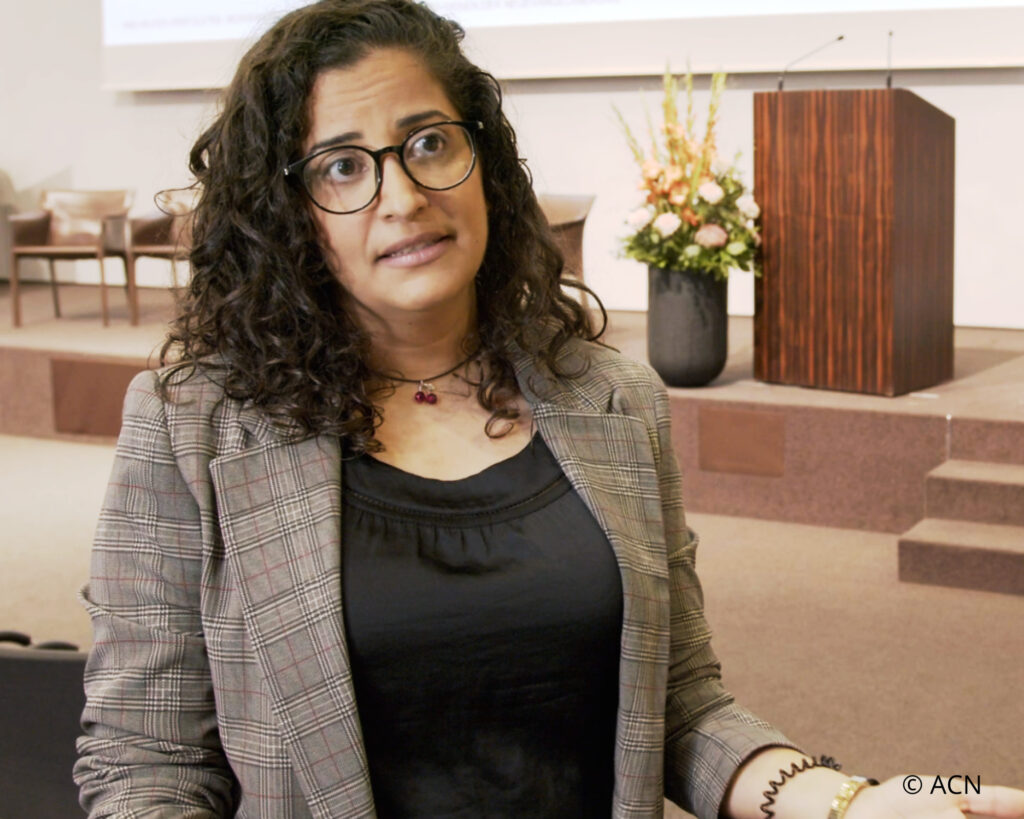
During a visit to the charity’s head office in Königstein, Germany, Ms. Boutros said that even though Hezbollah seems to be the main target, the whole population is feeling the effects.
“It is affecting everyone, because all Southern Lebanon is being targeted. These are not purely Shia or Hezbollah areas; we have a lot of Christian families living there. Some have lost their houses, and they are moving now from the south to other places in Beirut, Mount Lebanon, and the north, to find safety,” she explains.
The attacks have also hit several targets in Beirut, although here they have mostly been confined to Shia areas, where Hezbollah, a Shia political party and militia, has most of its support. “But Beirut is not a big city, so if a part of Beirut is targeted, all Beirut will feel it, and all day, people hear the sound of military aircraft or drones,” says ACN’s project coordinator for the country.
For decades, Lebanon has seen a steady stream of Christians emigrating to find better and safer living conditions in Western countries. Marielle Boutros fears that this new war may lead to another exodus, further diminishing the presence and influence of Christians in the region. “I am 37 years old, and I have experienced more than five wars in Lebanon. It is not easy to live in a country where one day you are fine, and the next you are hiding from missiles. It is not the kind of life that young people like to live. The trauma the people are experiencing now, and the trauma of having yet another war will not be easily forgotten,” she explains.
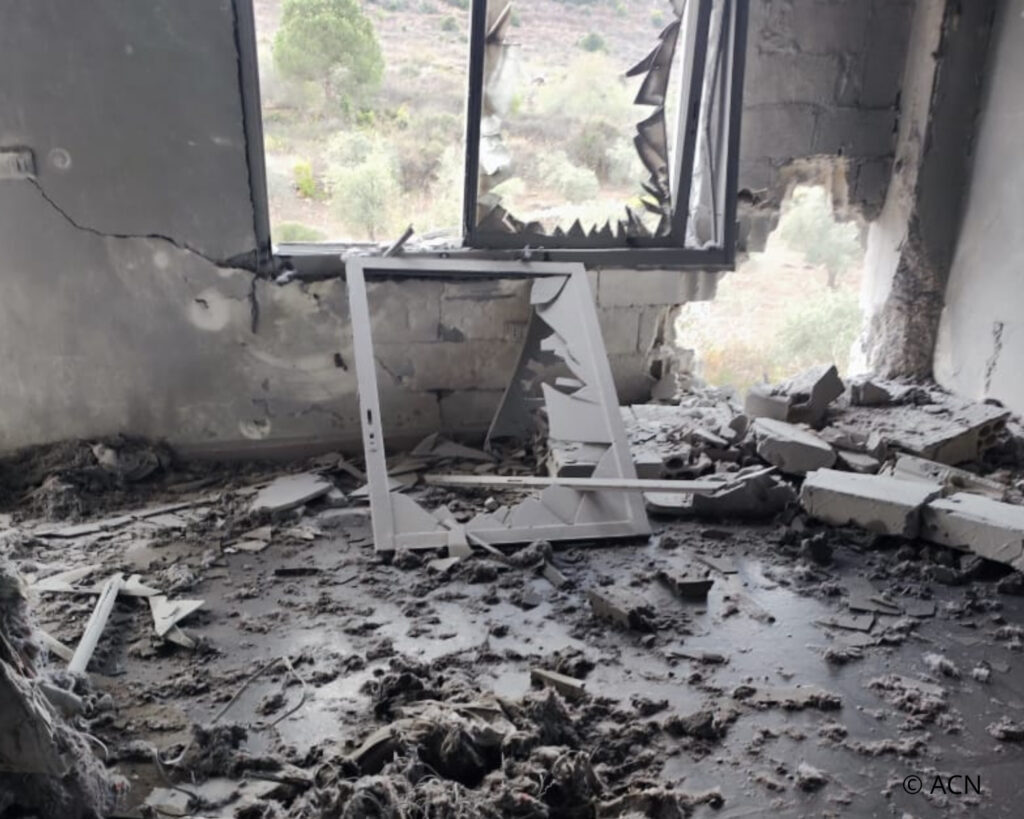
Fortunately, says Ms. Boutros, current ACN projects have not been directly affected, though now they are more necessary than ever. “A low-scale war has been going on since October 7 in the south, so the projects there and in the Beqaa Valley are mostly to help people through the distribution of food and sanitary products, and nothing has been stopped or directly affected by these attacks. It is true that the schools—which we have also been supporting very strongly—are closed, but this is temporary, and they are now moving to online teaching.”
Ms. Boutros is already beginning to think of ways the charity might be able to help now, following this new crisis. “People are now living in church halls, so they will need food, sanitary products, mattresses, blankets, and if it continues, we will need heating for winter, though of course, we hope it will not last that long.”
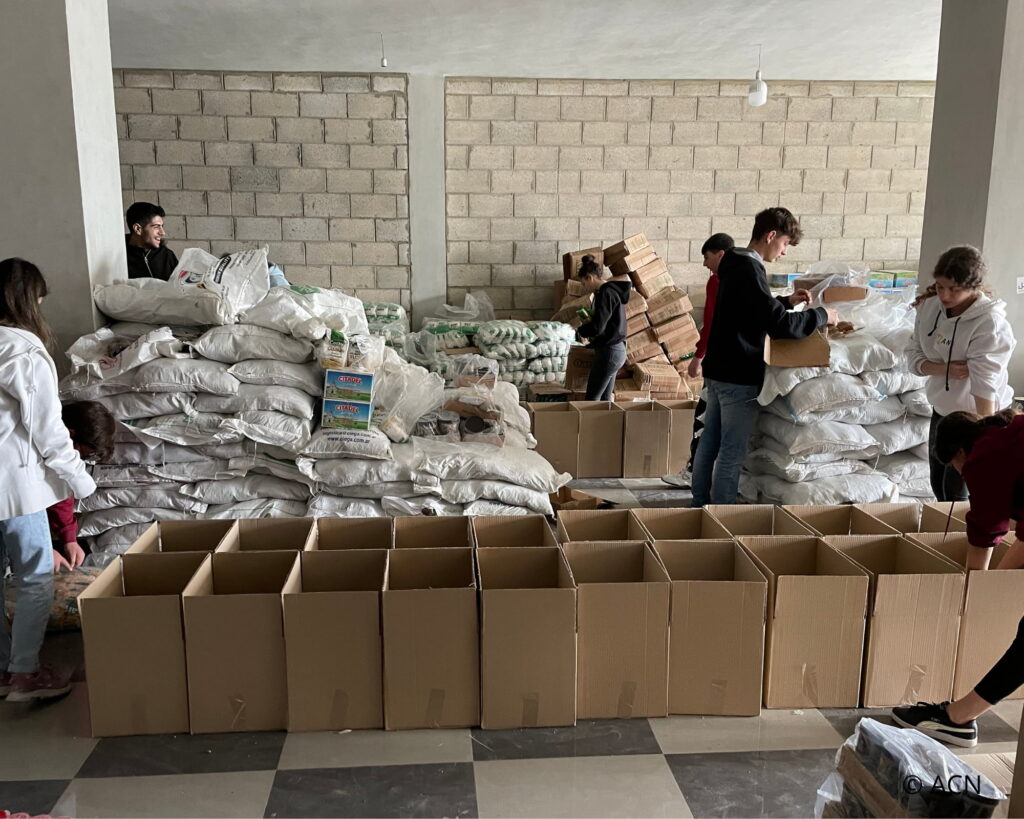
ACN currently runs more than 300 projects in Lebanon. The Catholic charity has been deeply engaged with the country for many years, and this relationship only deepened with the recent economic crisis in Lebanon, as well as the massive port explosion which destroyed large parts of Beirut.
Besides this material aid, Marielle Boutros continues to call on all the benefactors and friends of ACN to pray for peace “to finally come to Lebanon and the entire region, and for a just end to the current conflict.”

